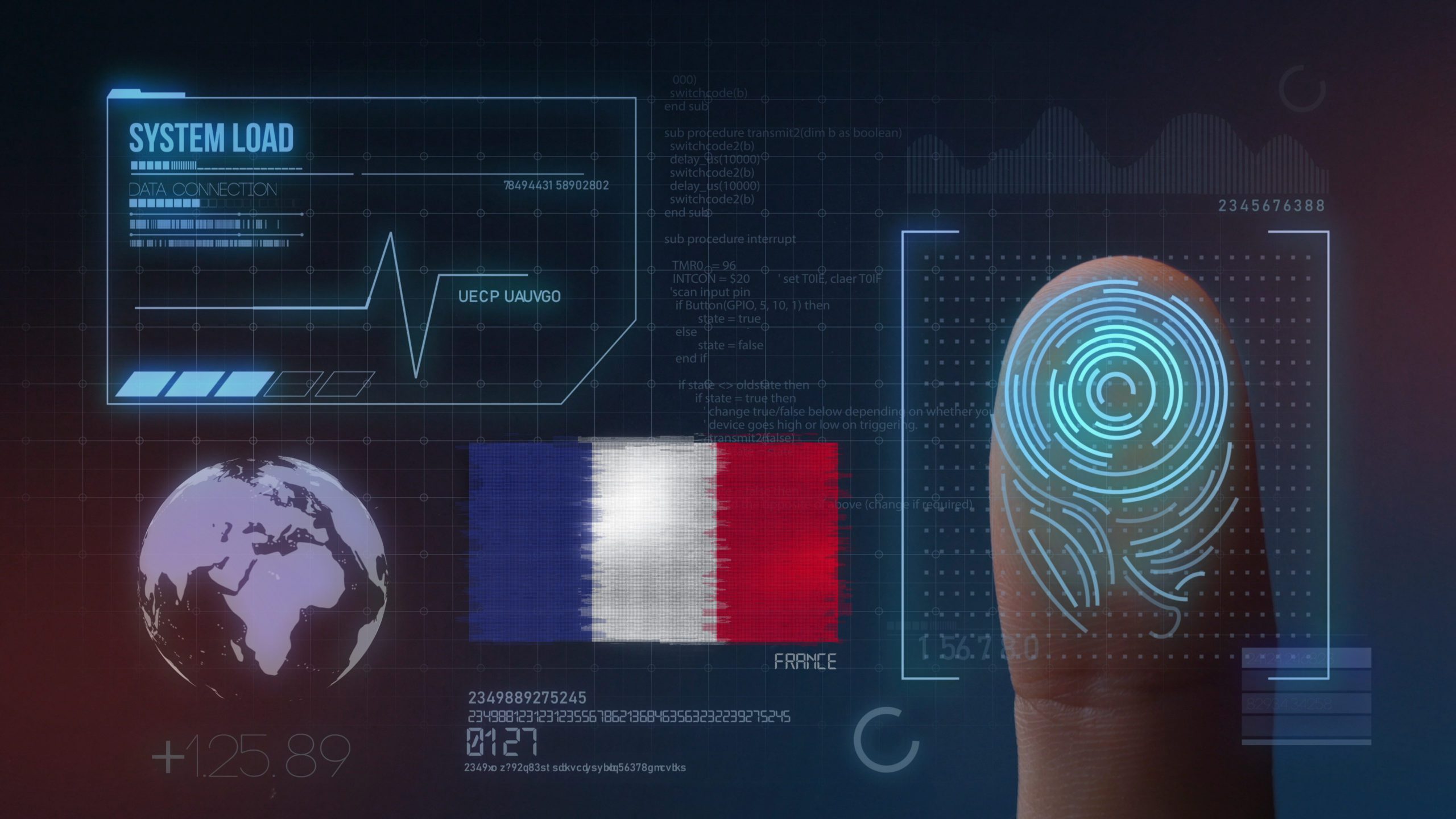
Less than 48 hours after the re-election of WEF ‘Young Global Leader’ Emmanuel Macron, the French government signed a decree authorizing the creation of a new digital identification application called the “Digital Identity Guarantee Service” (SGIN), something that the WEF has claimed can ‘improve’ lives of everyday citizens in a post-COVID-19 world.
The decree, signed by Prime Minister Jean Castex and Interior Minister Gérald Darmanin on April 26th, has been presented to the public as an innocuous mobile application—storing a citizen’s name, sex, date of birth, photo ID, postal address, and fingerprints—that will act as a means of identification and authentication, allowing people connect to public and private services with greater ease, the French newspaper BMFTV reports.
The inauguration of the new digital ID definitively repeals the French state’s first attempt to introduce a digital identity system— a controversial mobile application called Alicem—which claimed to provide the same service, connecting users to public and private services, via facial recognition technologies.
The government’s initial decree in October 2019, which announced the planned implementation of Alicem, prompted a widespread backlash—and resulted in a joint letter, signed by 80 organizations, which urged the government and parliament to “prohibit all present and future security facial recognition practices,” stating that such a trajectory would only lead to “mass” and “permanent” surveillance of the public space.
Although the government’s new digital identification program has scrapped the use of facial recognition technology, opting for biometric data in the form of fingerprints instead, critics continue to view the new tech as a means for accelerating the establishment of a surveillance society.
It must be noted, however, that the National Commission for Computing and Liberties (CNIL)—an independent French administrative regulatory body whose mission is to ensure data privacy law is applied to the collection, storage, and use of personal data—has taken the time to study the technical aspects of the new digital ID application, and has endorsed its deployment to the population.
CNIL’s endorsement hasn’t stopped figures like Florian Philippo—the former vice president of Front National (FN) who now leads Les Patriotes, an electorally insignificant right-wing party—from slamming the new digital identification card, which for now remains optional.
Following the government’s announcement of the new technology, Philippo reacted with indignation, saying: “Just after the election, the government announces the launch of a digital identity application! The goal: to put social credit in the Chinese way. Control and surveillance company! Let’s totally reject this application and fight by any means!”
